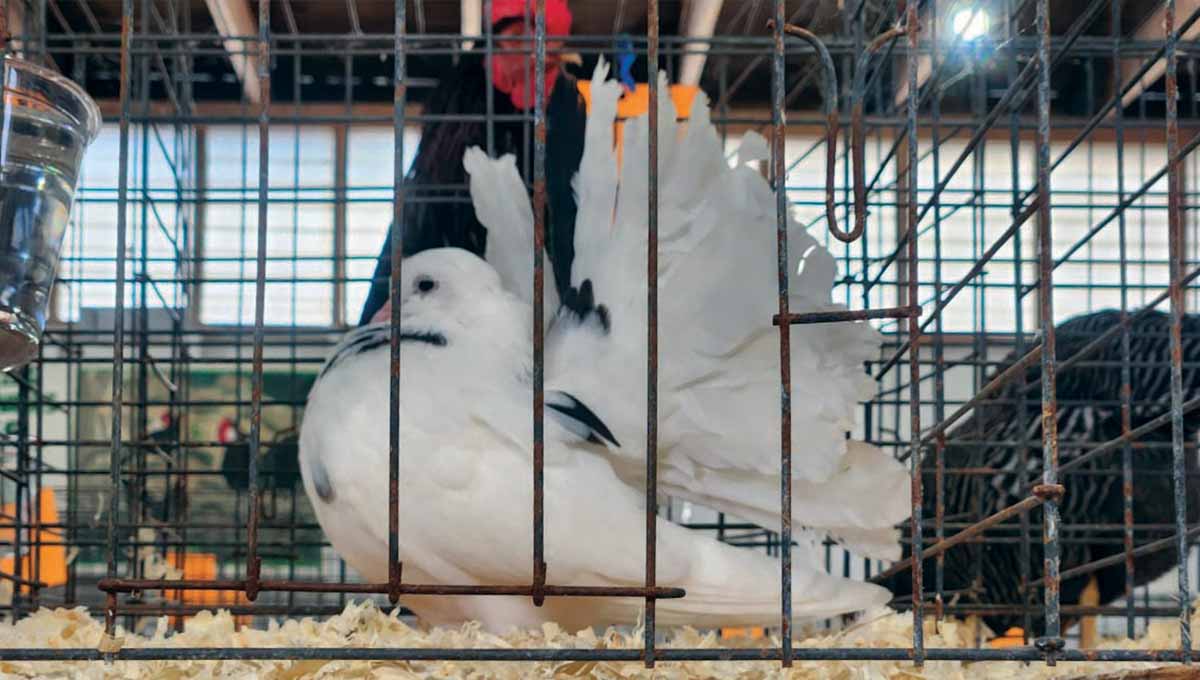For poultry breeders, hatcheries, and backyard flock owners, achieving NPIP certification is a mark of health, quality, and trust. The National Poultry Improvement Plan (NPIP) is a voluntary program that helps monitor and improve poultry health while providing customers confidence that birds and eggs meet specific safety standards. If you’re a poultry producer considering NPIP certification, this guide will walk you through the process and explain its benefits.
What is NPIP?
The National Poultry Improvement Plan (NPIP) was established in the 1930s to combat Pullorum Disease, a devastating bacterial infection affecting poultry. Over time, NPIP has evolved to include monitoring and certification for a variety of poultry diseases, including:
- Pullorum-Typhoid
- Avian Influenza
- Mycoplasma Gallisepticum (MG)
- Mycoplasma Synoviae (MS)
- Salmonella Enteritidis (SE)
NPIP is managed by the United States Department of Agriculture (USDA) in partnership with state agencies and is critical for maintaining healthy flocks across the country. While it is a voluntary program, NPIP certification is often a requirement for selling poultry, hatching eggs, or chicks across state lines and at many poultry events.
Benefits of NPIP Certification
Getting NPIP certified offers significant benefits to both poultry sellers and buyers:
- Health Assurance: Certified flocks are regularly tested and monitored for common poultry diseases.
- Customer Trust: Buyers can feel confident they are purchasing healthy birds or hatching eggs.
- Interstate Sales: NPIP certification is often required to sell poultry or eggs across state lines.
- Exhibition Eligibility: Many poultry shows and events require NPIP certification for entry.
- Disease Prevention: Regular testing helps prevent the spread of serious diseases.
For breeders and hatcheries, NPIP certification adds credibility and demonstrates a commitment to flock health and biosecurity.
Steps to Get NPIP Certified
Here’s a step-by-step guide on how to achieve NPIP certification for your flock:
1. Contact Your State NPIP Agency
NPIP is administered at the state level, so your first step is to contact your local State NPIP Coordinator. You can find contact information for your state on the official NPIP website.
2. Schedule Testing
Once you’ve connected with your state agency, they will arrange for testing of your flock. A certified NPIP tester or state representative will visit your farm to collect blood samples and conduct tests for diseases such as Pullorum-Typhoid and Avian Influenza.
3. Implement Biosecurity Measures
Maintaining biosecurity is essential to NPIP certification. This includes practices like:
- Limiting visitor access to poultry areas
- Regularly sanitizing equipment and coops
- Keeping new birds quarantined before introducing them to your flock
- Protecting your flock, feed, and water sources from wild birds and rodents
Your state agency may provide additional guidelines to ensure your operation meets NPIP biosecurity standards or state specific requirements.
4. Pass the Initial Testing
If your flock tests negative for the targeted diseases, you will receive NPIP certification. For certain diseases, like Mycoplasma, testing may be optional unless you wish to obtain a specific classification.
5. Maintain Certification
NPIP certification is not a one-time process. To maintain your status, you’ll need to:
- Test your flock regularly (frequency varies by state and disease type)
- Follow biosecurity protocols
- Report any signs of illness to your NPIP representative
Understanding NPIP Classifications
NPIP certification comes with specific classifications based on the tests performed. Some common classifications include:
- U.S. Pullorum-Typhoid Clean: Flocks are free of Pullorum Disease and Fowl Typhoid.
- U.S. H5/H7 Avian Influenza Clean: Flocks test negative for H5 and H7 strains of Avian Influenza.
- U.S. Mycoplasma Gallisepticum Clean: Flocks are free of Mycoplasma Gallisepticum.
- U.S. Salmonella Enteritidis Clean: Flocks are free of SE, a common concern in laying hens.
Each classification enhances your flock’s credibility and appeal to buyers.
Is NPIP Certification Right for You?
Whether you are a small backyard breeder, a commercial hatchery, or an exhibition enthusiast, NPIP certification can elevate your poultry operation. It assures customers that your flock meets national health standards and opens opportunities for broader sales and participation in poultry events.
- For Breeders: NPIP certification demonstrates that your flock is healthy and disease-free, making your birds and eggs more attractive to buyers.
- For Hatcheries: Certification is essential for selling hatching eggs or chicks across state lines.
- For Exhibitors: Many poultry shows require NPIP certification as a condition of entry.
Final Thoughts
Achieving NPIP certification is a worthwhile investment in your poultry operation. It helps protect your flock from disease, builds trust with buyers, and ensures you meet state and national regulations for selling poultry and eggs. While the process requires effort, the benefits far outweigh the costs.
By following the steps outlined above, you can join the growing community of NPIP-certified breeders, hatcheries, and poultry enthusiasts who are dedicated to poultry health and biosecurity.
Ready to get started? Visit the NPIP official website to find your state’s contact information and take the first step toward NPIP certification!



